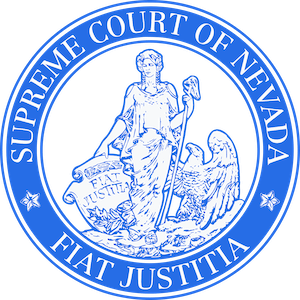The Evolution of Law in Nevada
Law Day, celebrated annually on May 1, provides an opportunity to understand the legal system’s foundational role in democracy. From the Wild West days of mining camps and vigilante justice to the development of a modern legal system, Nevada’s legal history highlights its unique influence on shaping American law.
The Beginnings of Statehood
Long before Nevada became a state in 1864, its legal landscape was shaped by the booming mining industry. In the mid-19th century, settlers and prospectors flooded the region, drawn by the promise of riches from the Comstock Lode. Without a formal government, these communities relied on self-made laws to maintain order. Miners’ courts, a basic form of justice, were established to resolve disputes over land claims and property rights. These courts, often informal and driven by consensus, laid the foundation for Nevada’s early legal traditions.
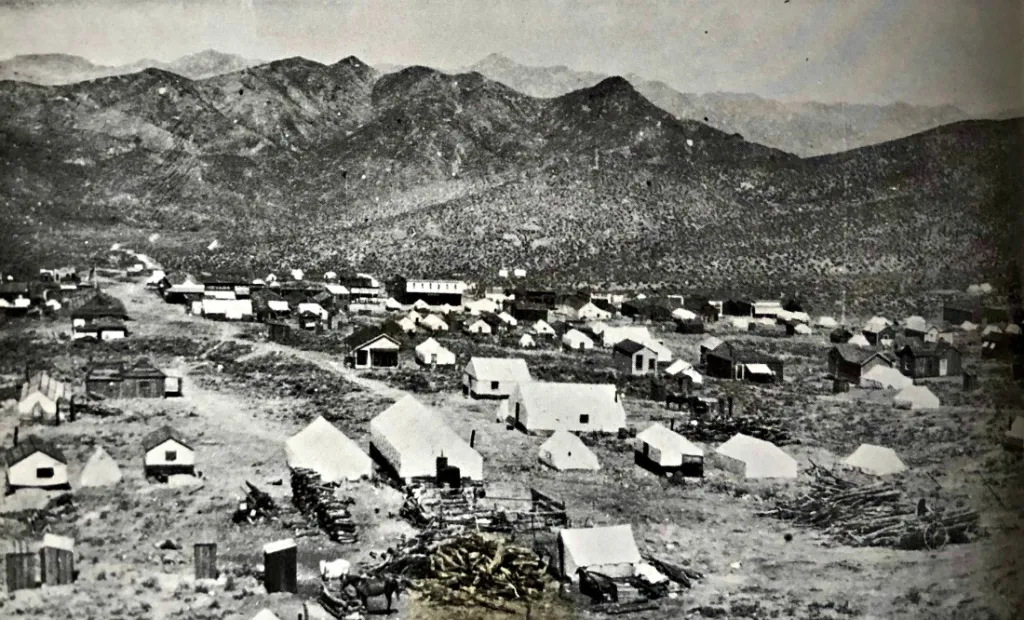
The Wonder mining camp, Nevada 1907
However, the lack of standardized laws led to inconsistencies and, at times, lawlessness. As Nevada transitioned from a territory to a state, the need for an organized judicial system became clear. The adoption of the Nevada Constitution in 1864 created a structured legal system, facilitating due process and equal protection under the law.
The Development of a Distinct Legal Identity
Nevada’s legal history is marked by bold decisions that set it apart from other states. One of the most defining moments came in 1931 when Nevada enacted some of the most permissive laws in the country regarding divorce and gambling. At a time when most states imposed strict divorce regulations, Nevada’s six-week residency requirement allowed couples from across the country to dissolve their marriages quickly. The decision transformed Reno into the “Divorce Capital of the World,” influencing family law practices nationwide.
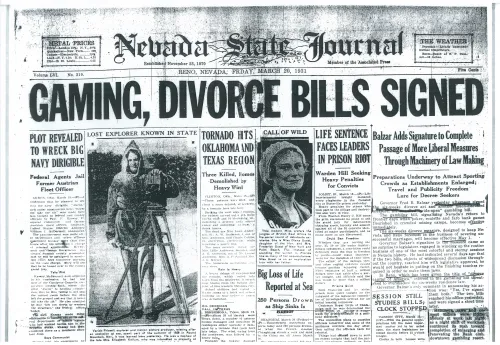
The Nevada State Journal shouts out the big news on page one, March 20, 1931
At the same time, the legalization of gambling in 1931, amid the Great Depression, transformed Nevada’s economy and legal framework. The decision to regulate gaming helped provide much-needed economic relief and laid the foundation for the modern gaming industry in Nevada. This framework was further solidified with the creation of the Nevada Gaming Control Board in 1955. While Nevada’s regulatory model was initially unique, it gradually became a reference point for other states that later legalized gambling, leading many to establish their own regulatory systems modeled after Nevada’s approach to oversight.
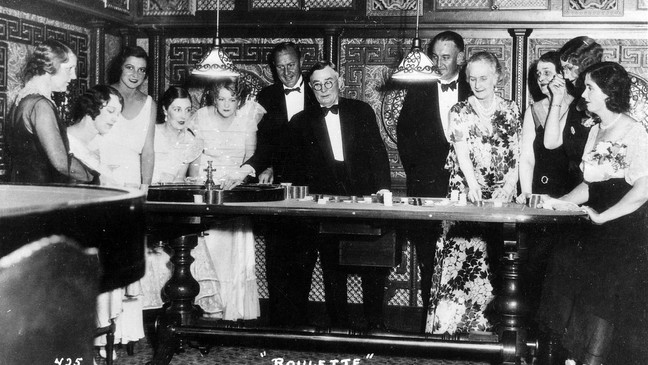
Divorcees surround the roulette table at the Bank Club during the 1930's, before legalized gambling. Courtesy: Nevada Historical Society
Civil Rights and Expanding Legal Protections
Nevada’s legal history also includes important progress in civil rights and social justice. In the mid-20th century, Nevada, like much of the U.S., faced issues of segregation and racial discrimination. While the state did not have formal “Jim Crow” laws as seen in the South, racial segregation and discrimination were still deeply entrenched in many areas of life. The repeal of segregationist policies in Nevada during the 1950s marked a crucial step toward racial equality, driven by the activism of Black leaders and organizations like the NAACP.
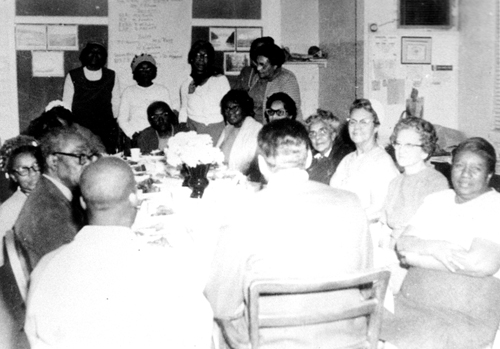
Image from a mid-to-late 1950s NAACP meeting where hotel desegregation was being discussed, photograph courtesy of the University of Nevada Oral History Program.
In the decades that followed, Nevada’s courts and legislature enacted policies to protect marginalized communities, including laws addressing workplace discrimination, LGBTQ+ rights, and access to education.
Nevada’s Legal System Today: Innovation and Reform
Nevada continues to lead in legal innovation. The state has embraced technological advancements such as electronic court filings and virtual hearings, improving efficiency and access to justice. Nevada also remains at the forefront of key legal issues, such as water rights law, environmental policy, and cannabis legislation, demonstrating Nevada’s ability to adapt to modern legal challenges and remain a progressive force in American law.
Conclusion: A Commitment to Justice
As we celebrate Law Day, we reflect on the rich legal history that has shaped Nevada. From the mining courts of the 19th century to today’s legal framework, Nevada’s legal system reflects a continuous pursuit of fairness, innovation, and progress.
On this Law Day, we honor our legal history, appreciate the progress we've made, and focus on shaping a future where justice continues to define Nevada’s identity.
